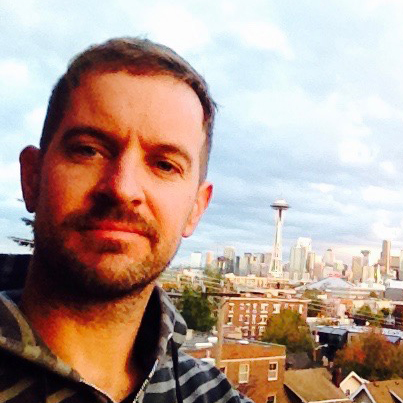U.K. nonprofit OceanMind thinks its unique analysis of “at-sea” data can add up to the most detailed information available on fishing activities around the world.
Established in 2015, OceanMind was born out of an earlier partnership between The Pew Charitable Trusts and Satellite Applications Catapult Ltd., part of a network of U.K. technology companies designed to spur economic growth through commercializing research.
Nick Wise, OceanMind’s business director, said that while there are several organizations that do similar monitoring work, OceanMind stands out because its experts understand fisheries and are able to process the data in a way that provides a holistic picture of fishing practices. It then passes its information on to both governing bodies and retailers.
“It’s our understanding that we’re the only one that does this full intelligence picture approach. We fully understand the fisheries that are involved, how the fisheries laws work, and exactly how to build up a picture of the fishing behavior,” Wise said. “While there are others, we feel like we are the only ones who are really fisheries-centric and have that deep understanding.”
OceanMind gathers data not just from Automatic Identity Systems (AIS) carried by fishing vessels, but also from satellite imagery, terrestrial sensors, vessel registries, and licensing databases. The organization can even track vessels that “go dark” by using synthetic aperture radar (SAR), an ability the organization touts as one of its principle strengths. But its work does not stop at data collection, Wise said.
“[Our fisheries’ experts] take the information provided by the computers and use that as a launch-pad for their investigations. We use computer information to prioritize and filter what our team of experts need to look at, and the team of analysts review and filter it further. When we pass information along to our customers, it’s extremely specific and relevant to their situation,” he said.
OceanMind points to its recent work in Thailand as an example of its potential impact on fisheries’ monitoring, particularly in regions that have been traditionally difficult to track.
“We feel really good about the work in Thailand because we’ve been able to have, in our opinion, a very positive impact there, and help them to grow their monitoring and enforcement and control capabilities,” Wise said.






